
5 minute read
7. The Freedom Myth
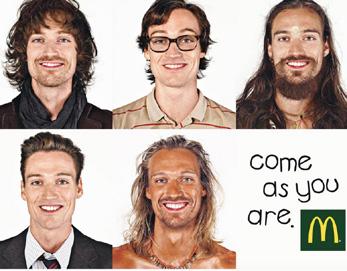
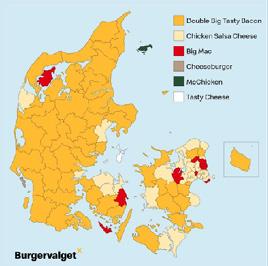
Advertisement
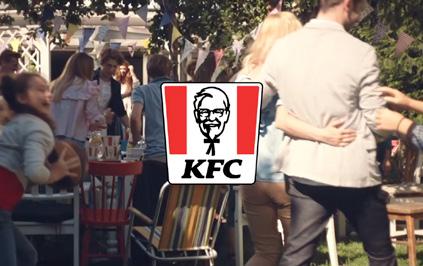
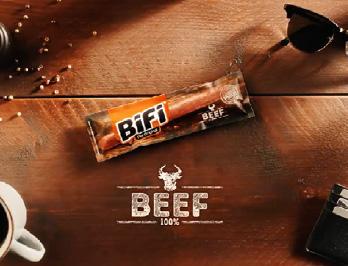
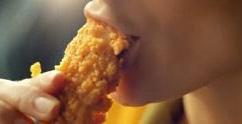
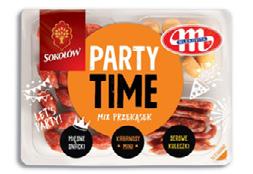

1 12
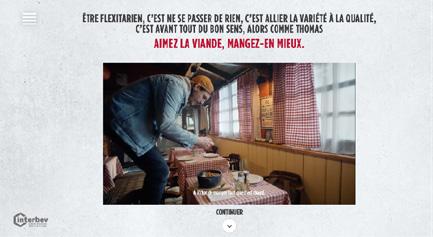
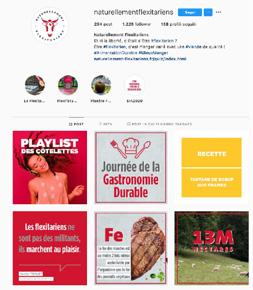

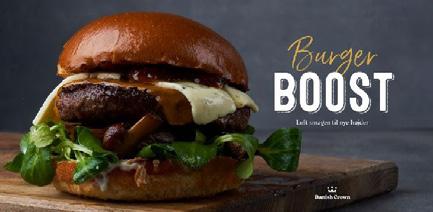

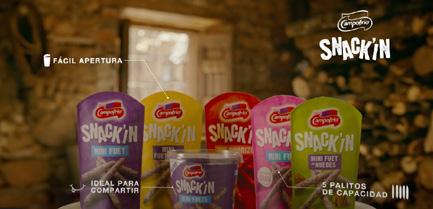
1 13 1 6 1 7 11
1 3 1 2
1 4
1 9
1 10 1 8
1 11 1 5
1 14 1 15

1 16
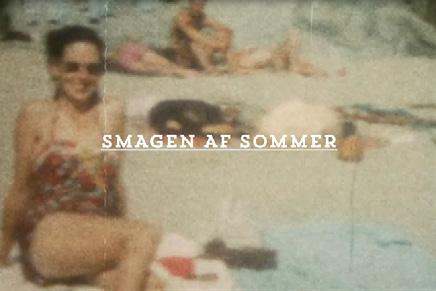
Sources of images on p. 56
1. Campofrio snack’in sticks, Spain 2. Herta Knacki, Pourquoi pas campaign 3. Danish Crown, Burger Boost digital, Denmark 4. Steff Houlberg digital, Denmark 5. Malbuner party sticks packaging, Switzerland 6. Naturellement flexitarian campaign,
InterBev, France 7. Naturellement flexitarian campaign,
InterBev, France 8. Bruzzzler advert, Germany 9. Sokolow packaging, Poland 10. McDonads advert, Poland 11. Bifi advert, Germany 12. Cultural reference, KFC ‘ The taste of freedom advert’, Poland 13. Gol website, Denmark 14. McDonalds advert, Denmark 15. McDonalds advert, France 16. McDonalds ‘Create yourself and opportunity’ advert, Poland
Like alcohol, sugar or tobacco, products that are bad for our health can be defended with arguments and messaging about freedom, choice and individuality.
The lower the quality of the product, the more likely the brand is to use emotional metaphor rather than describing the features of the product in order to sell it. Think of premium chocolate proclaiming its cocoa percentage ‘quality status’ (metonym) versus mainstream chocolate brands offering you identity or lifestyle benefits (metaphor). Meat is no different, and American meat brands (as encapsulated in fast food burger brands like McDonald’s) are the leaders in this field. In every market, the McDonald’s marketing playbook is to create a ‘glocal’ brand (a global/local blend – it can ironically be seen to play heavily in the national identity myth space above). It presents its brand as offering an inclusive, diverse space where everyone is welcome. It fuses traditional with modern, male with female, local with global and health with indulgence. McDonald’s is suggesting to us that ‘all choices are fine – no need for any angst’ (literally, ‘no drama’ in its Polish adverts).
McDonald’s positions itself as the brand that allows you to be yourself, eat however you like, and often advertises its non-meat products as evidence of this. McDonald’s ceases to be a meat brand in people’s minds – it is a lifestyle brand that offers a conciliatory, non-threatening and easy freedom – in contrast to increasingly polarised politics and culture.
This shift in positioning to a lifestyle brand can be interpreted as an attempt to drive deeper connections with the audience or, more cynically, to distract from a potentially unhealthy product. As seen historically in the alcohol and tobacco sectors, once a brand moves beyond its product category and becomes a lifestyle brand, it can create new platforms and branding opportunities that could circumvent any future regulation for the original product category. (For example, brand extension loopholes in the world of tobacco marketing historically allowed brands to be promoted through sponsorship or non-tobacco-related items such as clothing.56)
McDonald’s
McDonald’s Denmark
McDonald’s ads rarely show people eating. McDonald’s presents itself as an enabler, not through their food, but through their space. It claims to allow people to break from their daily grind and connect, have fun and relax. The actual food is generally presented as less important than the experience, so that the question of eating meat or not eating meat becomes unimportant too – it is almost a non-topic. It is the ultimate conclusion of the McDonald’s strategy as a ‘glocal’ lifestyle brand that unites us in our desire for freedom.

Polish TV ad
In Denmark, where opting out of meat eating is still culturally awkward, McDonald’s presents itself as bridging the divide – offering whole food vegan salads next to bacon burgers in a relaxed ‘everyone’s catered for’ way. They sell the idea that no one needs to take sides – individuality, inclusivity and freedom of choice is the name of the game.
Danish semiotician Enya Trenholm said: “This is less a food brand, and more a lifestyle one that is modern, malleable and – ironically – an identity badge that says you are an open-minded, tolerant and progressive person.”
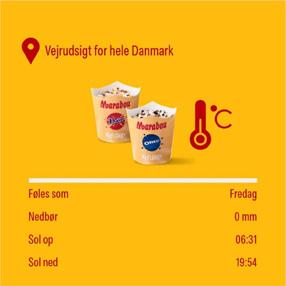
https://www.instagram.com/p/Bv33igbAVp3/
In Denmark McDonalds ads are as likely to humorously reference the weather, politics, tax, the weather, head aches as they are their food.
McDonald’s France
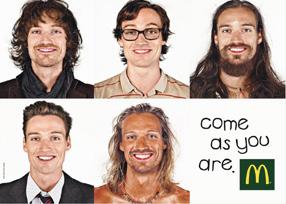
https://www.adsoftheworld.com/media/ outdoor/mcdonalds_come_as_you_are The French ‘Come as you are’ campaign has now become a standard and is updated season after season. Interestingly, it offers an alternative to the French cultural injunction of chic and constant appearance-curation. The campaign suggests a welcome liberation from more formal French eating codes, and social structures in general.
Campaigns like this help McDonald’s target a more youthful and liberal audience, suggesting that anything goes and all are welcome.
McDonald’s Poland
Considered almost a Polish brand, McDonald’s cleverly mixes popular US culture and Polish folklore to be a truly “glocal” brand. It doesn’t threaten Polish pride because it assimilates into it (see its recent launch of the ‘Peasant Burger’: Wies Mac). It aims to show a gateway to a new free world without asking Poles to give up or change anything.
The campaigns present the idea that the easy casualness of McDonald’s frees you from social strictures and allows you to be authentically you (“Wies Mac, you can be truly yourself.”).
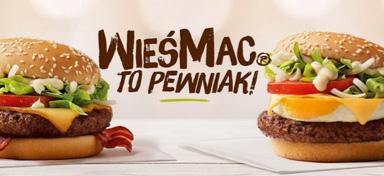
Are you being tricked by the meat industry? Things to look out for:

The marketing features diverse and inclusive groups that span ages, ethnicities and genders. The people dress and move casually, with easy laughter, spontaneous action and fast, fluid movement. We see depictions of rule-breaking, messy eating and an ‘anything goes’ informality. The ads have American cultural echoes that need only the lightest of touches to connote freedom: the use of words and phrases like ‘fries’ and ‘have a good day’). We see modernity, phones, drive-throughs, as well as slang and youth sub-culture codes such as skateboarding and manga. The ads show weirdos and tribes, telling us that everyone is welcome - because this is McDonalds.







